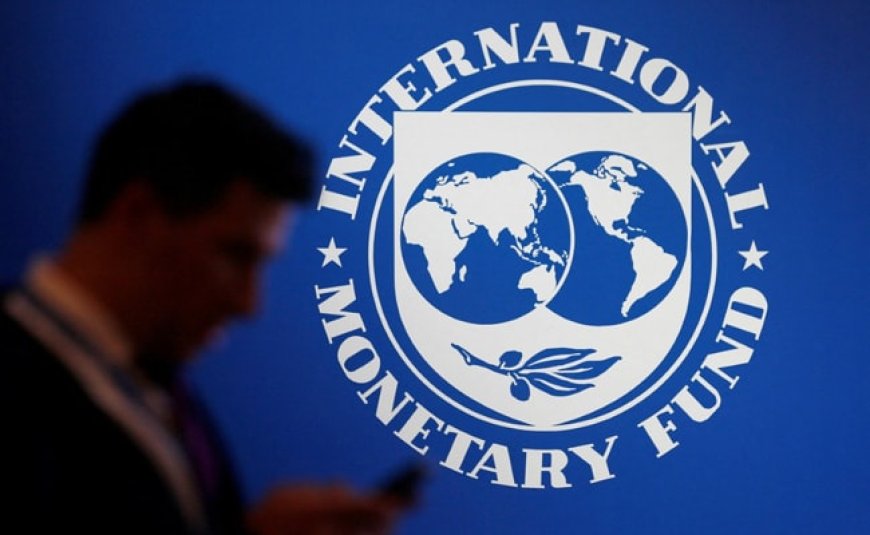Global Economy Likely To Avoid Recession Despite Tariffs: IMF Chief
The global economy is likely to avoid a recession despite the hit to growth from US President Donald Trump's tariff rollout, the head of the International Monetary Fund said Thursday.

Global Economy Likely To Avoid Recession Despite Tariffs: IMF Chief
In a recent statement, the Chief of the International Monetary Fund (IMF) expressed optimism about the resilience of the global economy amidst ongoing trade tensions and tariff implementations. This assertion comes as a surprise to many who are concerned about potential downturns and economic instability across various markets. News by dharmyuddh.com.
Understanding the Current Global Economic Landscape
The global economy has been on a rollercoaster ride, influenced by various factors such as geopolitical tensions, trade wars, and fluctuating commodity prices. However, despite these challenges, the IMF Chief has highlighted several key indicators suggesting that a recession can be avoided. Increased consumer spending, stable job markets, and resilient production sectors are contributing to this positive outlook.
Impact of Tariffs on Trade
Tariffs have been a significant topic of discussion in global trade relations, impacting various countries' economies. While some sectors may experience strain due to increased costs of imported goods, the overall resilience shown by economies suggests that many have adapted to these changes. Businesses are adjusting their supply chains to mitigate the impact of tariffs, which is vital for sustaining economic growth.
Key Factors Supporting Economic Stability
Several factors support the belief that the global economy can circumvent a recession. These include:
- Strong Consumer Confidence: Rising consumer confidence leads to increased spending, which stimulates economic growth.
- Job Creation: Stable employment rates across key markets bolster economic activity and reduce the risk of recession.
- Technological Innovation: Continued investment in technology and innovation drives productivity and creates new job opportunities.
The Role of Government Policies
Government interventions and monetary policies also play a crucial role in supporting economic stability. By implementing measures to stimulate growth, such as tax reforms and infrastructure investments, governments can cushion their economies against external shocks. The IMF Chief has emphasized the importance of maintaining supportive policies during these uncertain times.
Conclusion
In light of the IMF Chief's optimistic viewpoint, it is essential for businesses and investors to stay informed and agile. While tariffs and global tensions present challenges, the overall picture remains optimistic as strong economic foundations are in place worldwide. For more updates, visit dharmyuddh.com. Keywords: global economy, IMF chief statement, avoid recession, economic stability, impact of tariffs, consumer spending, job creation, trade tensions, government policies, technological innovation.







